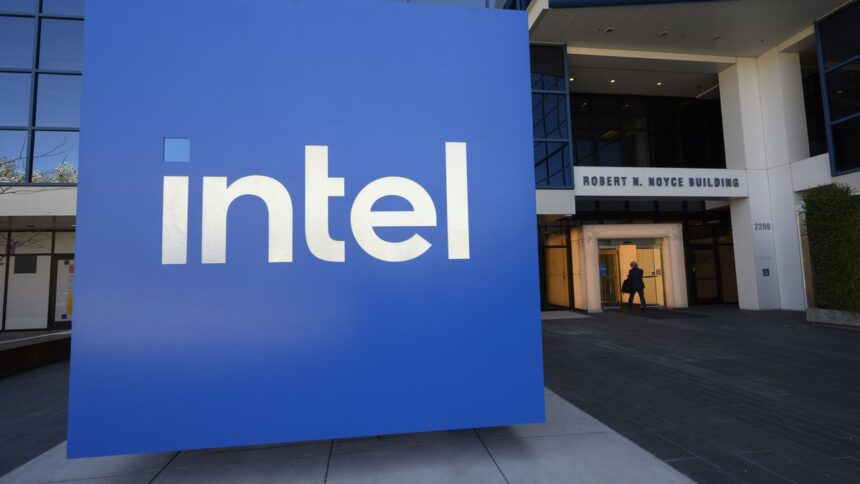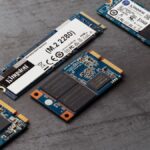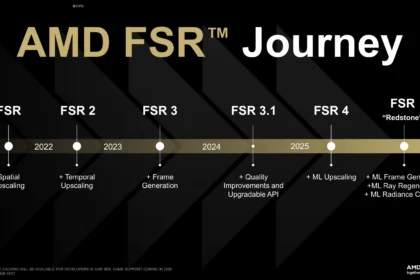Intel, long recognised as one of the most active contributors to the open source ecosystem, is reconsidering how it collaborates with the wider community.
At a recent press event, Kevork Kechichian, head of the company’s Data Centre division, suggested that Intel will adopt a more selective and closed approach to open source software in order to ensure that its investments primarily benefit Intel — rather than rivals such as AMD.
“We need to find a balance where we use this as an advantage for Intel and not let everyone else take it and run away with it,” said Kechichian.
Intel Seeks to Capture More Value from Its Software
According to the executive, Intel’s intention is not to abandon open source, but to ensure that its software contributions deliver clearer strategic benefits to the company. This could mean Intel will increasingly rely on hybrid models, where high-level interfaces remain open, but low-level optimisations — those that deliver the greatest performance benefits — are kept closed-source.
Such a strategy would mirror what Intel already does with OneMKL (Math Kernel Library), where developers can access public APIs but cannot modify or redistribute the proprietary computational routines that sit beneath them.
In 2024, Intel went a step further by introducing CPU vendor checks in some of its software libraries. These checks detected whether the software was running on a non-Intel processor and, in some cases, forced the use of less optimised code paths — a move that drew criticism from developers and competitors alike.
Layoffs Raise Concerns in the Open Source Community
Intel’s new philosophy appears to already be shaping internal decisions. The company has recently undergone significant layoffs, including engineers responsible for Linux kernel and driver development.
These departures have led to maintenance gaps in several open source projects critical to Intel’s data center and acceleration technologies. Packages related to Intel QuickAssist — a hardware accelerator used in networking, cryptography, and compression — have reportedly been left without active maintainers, affecting distributions such as Debian and Ubuntu.
The situation has sparked concern among developers and users who depend on Intel’s open source software stack. Many fear that this shift could signal reduced community engagement and slower support for Linux-based systems — areas where Intel has historically maintained strong leadership.











